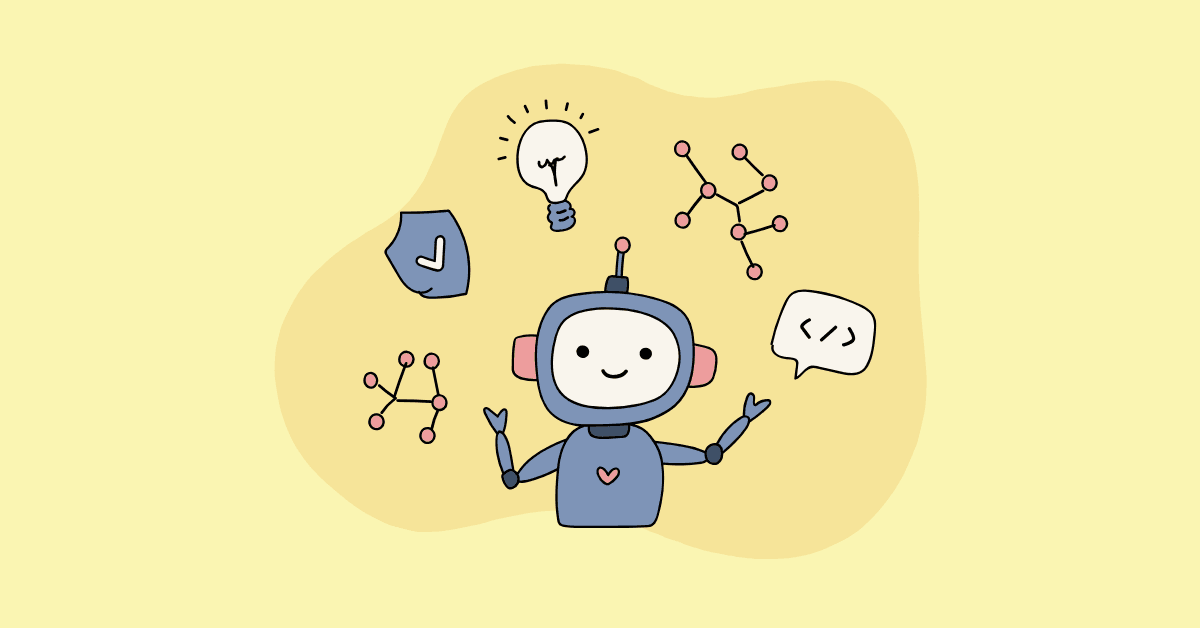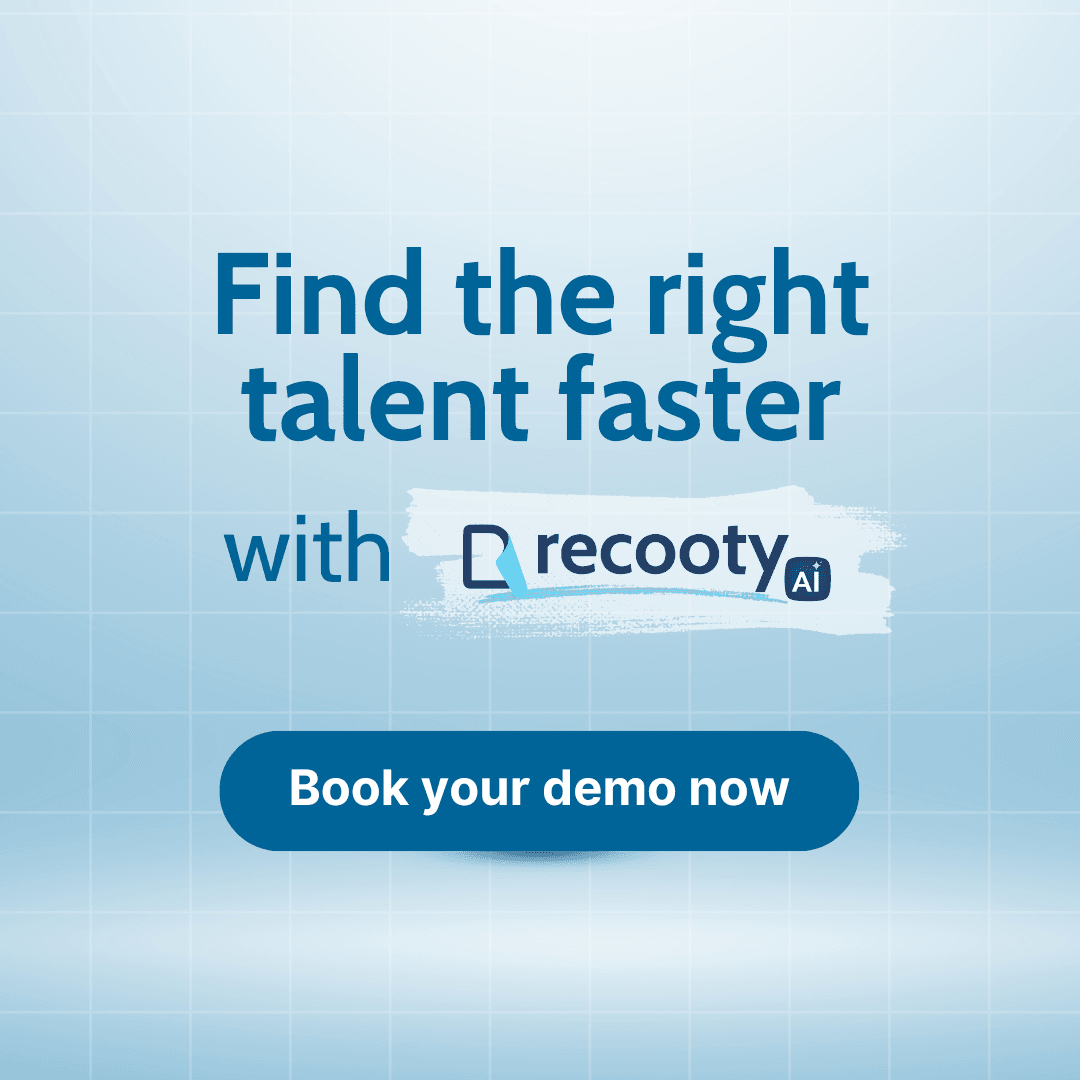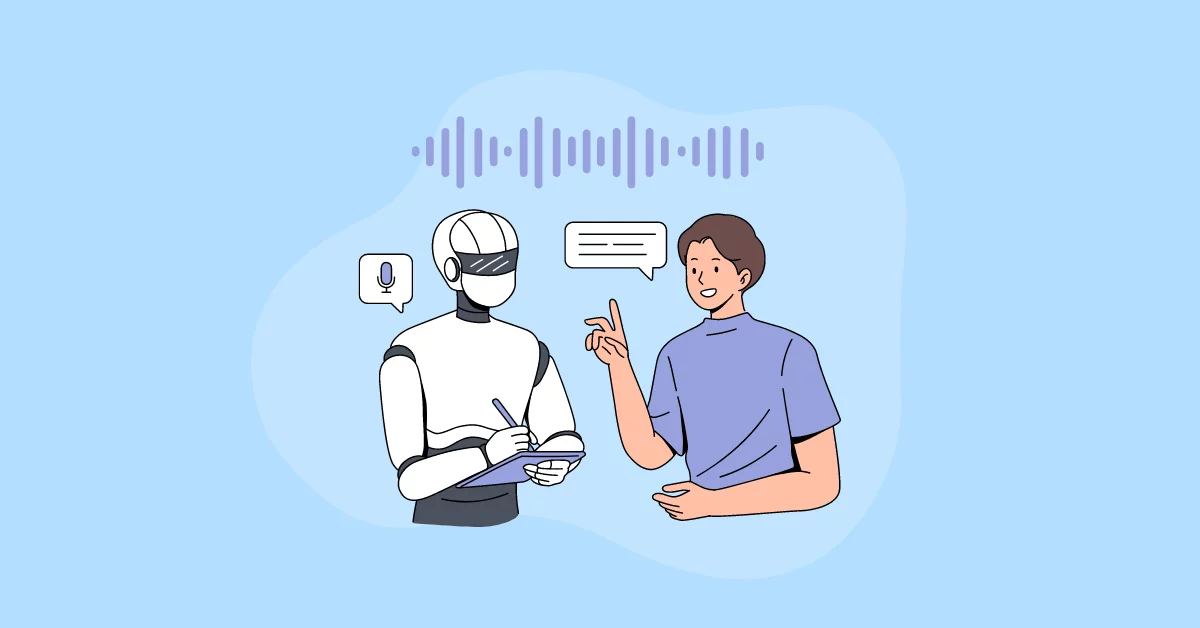
With AI becoming more affordable and accessible, businesses are adopting AI tools and strategies to streamline operations and increase profits. Companies are implementing AI solutions to reduce costs, increase sales, and promote growth.
But is it going to impact the people who work at these companies? Yes and no. Quite a contradictory answer, but that’s how it is.
It is important to understand that artificial intelligence (AI) is only independent once there are humans involved in putting it to the right use at the right time. This means though AI can take a chunk of what employees do every day at their workplaces, it is not going to make them worthless.
Here are a few industries where technology and humans can collaborate better, which can help you reassess your current job and help you make the right decisions based on the scope of job creation due to AI.
Industries which are Creating an Impact on Job Creation
The following industries are adopting AI tools and integrations rapidly to improve their performance and stay relevant in the changing times thus creating possibilities for new job roles in AI.
Tech and Artificial Intelligence (AI) Industry
According to a LinkedIn report, AI specialist roles have grown by 74% in the past four years. As AI systems generate more and more data, there is a rising need for people who can analyze and make sense of it. Data analysts and scientists leverage AI tools to analyze this data for patterns and valuable insights that support businesses in making decisions.
Data protection is necessary as it safeguards sensitive information and AI platforms from online risks and threats like hacking attempts and malware attacks due to the extensive data processing involved in AI systems that handle personal and business data making them vulnerable targets for cybercriminals.
Cybersecurity experts play an essential role, in ensuring the security of this data by preventing breaches and attacks which also serves to maintain the authenticity and reliability of AI models thus upholding trust, privacy and safety within the expanding realm of artificial intelligence.
AI ethics policymakers play an important role in the AI industry by setting rules and standards to make sure AI is developed and used responsibly. They help tackle issues like privacy, fairness, bias, and transparency in AI systems. By creating these ethical guidelines, they help companies and developers build AI technologies that respect people’s rights and values.
These policymakers also ensure that AI benefits everyone, avoids causing harm, and builds trust in new AI tools. Their work is key to balancing technological progress with ethical concerns, guiding the future of AI to serve the public good.
These roles can help one be relevant in the technological shifts but will require consistent upskilling with the trends.
Medical Industry
According to the American Psychological Association, the mental health issues of the current generation, including a significant number of people from the previous generation, are on the rise.
Once AI becomes the usual norm, people with strong interpersonal skills like public speaking and critical thinking will be valued more for their work and studies, which can create an impact on human lives.
This opens opportunities for clinical psychologists, mental health enthusiasts, and other certified mental health coaches to leverage technology and become a part of this medical stream.
The daily administrative tasks at hospitals are soon likely to be replaced by guided AI chatbots with tools for easy data entry and appointment scheduling with smart predictability analysis systems and recommendations based on past medical history.
AI algorithms can predict how different patient groups might respond to treatment, helping to design clinical trials that are more likely to succeed and reducing the time and cost involved.
Marketing and Sales Roles
Growth marketing and sales is another industry where the demand for analytical, critical thinking and decision-making will be on the rise. It remains that part of the business that can be most effectively done with the integration of AI and human skills to make the best strategic business decisions.
Growth marketing is the process where data is analyzed through marketing campaigns to build better strategies and drive growth. Advanced AI features for forecasting and predictability analysis can help in personalized content campaigns with better audience or customer segmentation for marketing. Its application with existing marketing models like BCG Matrix, Porter’s 5 Forces and many more can help in building innovative strategies in the competitive market.
AI can also help in tracking and analyzing campaign performance in real-time with suggestions for maximizing ROI and possible adjustments.
Automated customer interactions with virtual assistants to enhance customer experience and retention with personalized recommendations and guiding them through the buying process with pattern recognition features can boost sales for any business category.
Supply Chain Management
The supply chain is one of the industries that require strategic implementation of AI and human intervention, making it a perfect fit for people with tech and supply chain expertise and possibilities for job creation in AI.
Demand forecasting with PESTEL model analysis (Political, Environmental, Social, Technological, Economical and Legal) with a quick overview of past, current and possible future trends can help in planning and maintaining product stocks.
AI algorithms can optimize delivery routes by analyzing real-time traffic, weather conditions, and other factors. This reduces fuel consumption, delivery times, and costs, while also improving customer satisfaction with faster and more reliable deliveries.
AI-powered visual inspection systems can detect defects or quality issues in products faster and more accurately than human inspectors, reducing errors and ensuring consistent product quality.
Education and Training
With great tools and software on the block, the responsibility to choose and use the right one correctly increases. This opens the doors for professionals and seasoned experts to take up the role of training and development for AI enthusiasts and help them choose the right industry and tools to choose.
Simulated training sessions with advanced models for a practical learning experience, and deep authentic research for relevant training. It can also automate administrative tasks and provide quick analysis and overview of data provided regarding students and their performance.
With AI being the new trend educational topics and content are also set to take a turn providing opportunities for continuous learning and experiments.
Summing it up
It is time for innovation, either to completely bring something new to the table or mould and integrate AI or a skillset at your workplace in such a way that you don’t lose your job and stay relevant.
AI can definitely replace the age-old regular tasks giving more time and opportunities to discover, innovate and plan to realize the maximum potential of humans.
And thus human efforts will always be valued.
Frequently asked questions
AI specialist jobs include data analysts and scientists, AI ethical policymakers and cybersecurity roles. These roles can help one be relevant in the technological shifts but will require consistent upskilling with the trends.
AI, psychology, growth marketing, sales, and supply chain are some of the industries with the potential for job creation.
AI can automate some of the daily tasks of different industries freeing employees from day-to-day redundant tasks.






